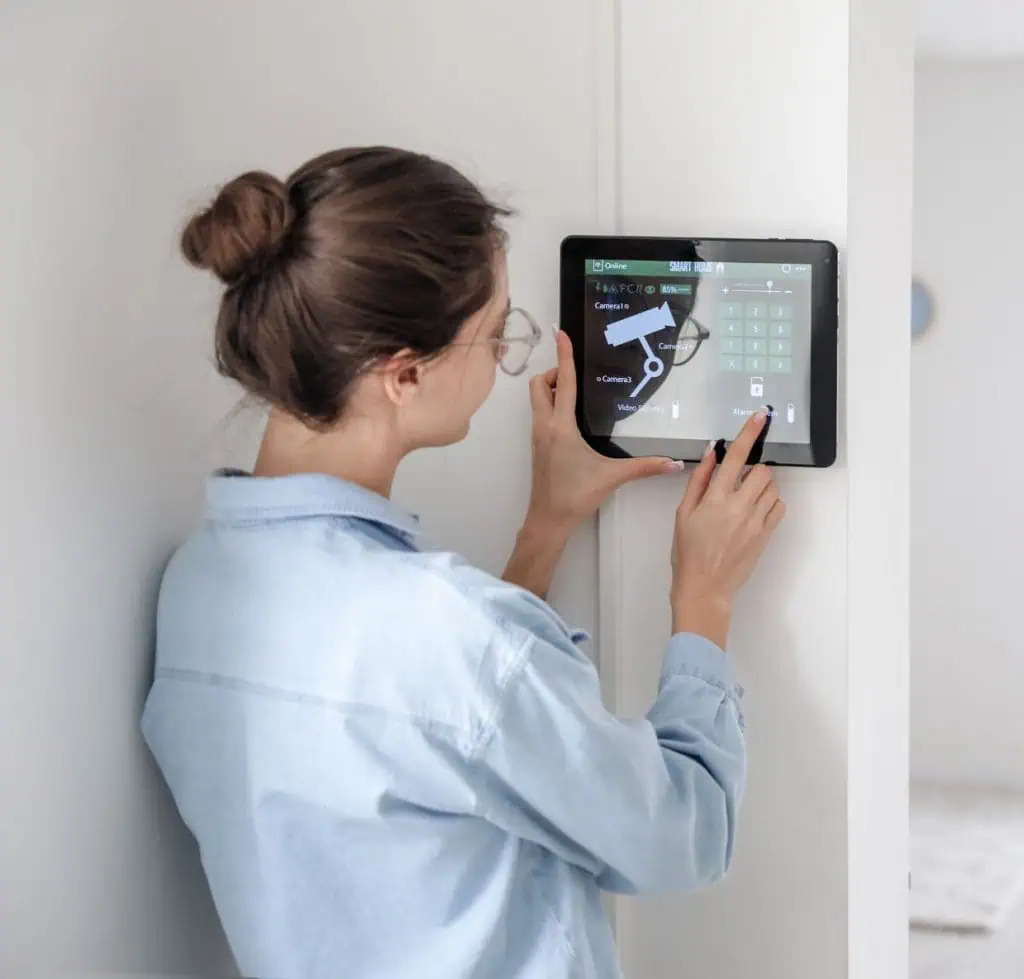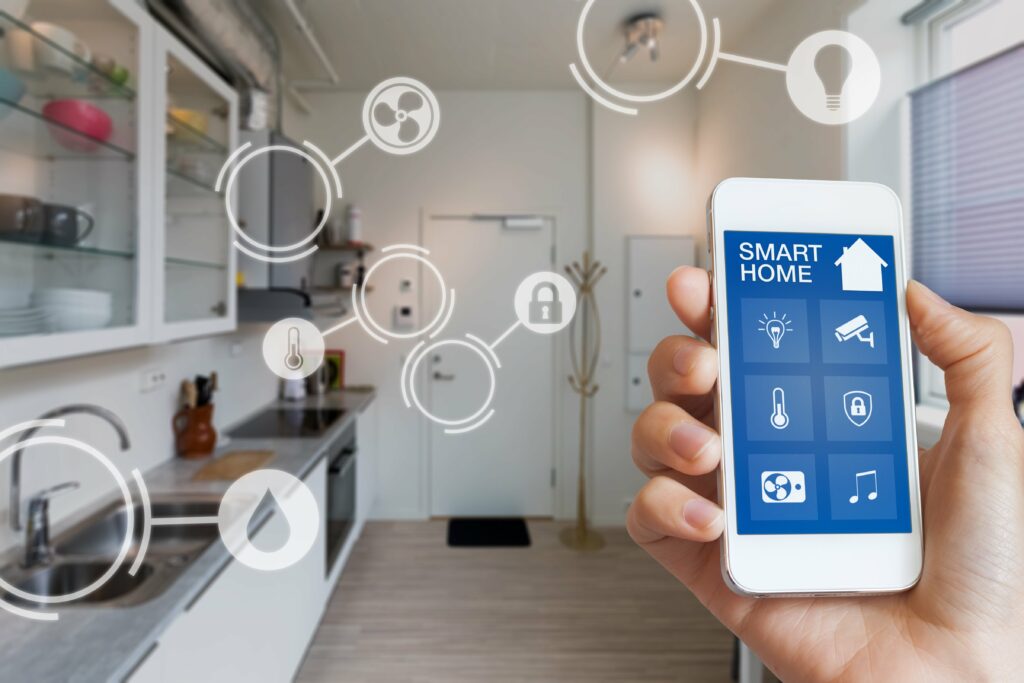Understanding Monitored Alarm Systems
Monitored alarm systems are security solutions that provide real-time surveillance and response to potential threats. Unlike standard alarm systems, which merely sound an alert, monitored systems are connected to a central monitoring station. This allows for immediate action to be taken in the event of a security breach, such as dispatching the police or notifying the homeowner.
These systems typically include a combination of sensors, cameras, and alarms that work together to detect intrusions, fire, or other emergencies. The integration of technology has made these monitored alarm systems increasingly popular among homeowners and businesses alike, but the question remains: are they worth the investment?
The Components of a Monitored Alarm System
A typical monitored alarm system consists of several key components. These include door and window sensors, motion detectors, cameras, and a control panel. Some systems also offer environmental sensors for smoke, carbon monoxide, and flooding. The monitoring service itself is often provided by a third-party company that operates a 24/7 monitoring centre.
When a sensor is triggered, the system sends an alert to the monitoring centre, where trained professionals assess the situation and take appropriate action. This might involve contacting the homeowner or dispatching emergency services, depending on the nature of the alert. The sophistication of these systems can vary widely, with some offering advanced features such as remote access via smartphone apps, allowing users to monitor their property from virtually anywhere in the world. This level of accessibility can provide peace of mind, particularly for those who travel frequently or have second homes.
Types of Monitoring Services
There are generally two types of monitoring services available: professional monitoring and self-monitoring. Professional monitoring involves a subscription service where trained personnel monitor the system around the clock. This is often considered the most reliable option, as it ensures that someone is always available to respond to alerts. Click here to get about: Alarm monitoring basics: Your guide to 24/7 protection.
On the other hand, self-monitoring allows homeowners to receive alerts directly on their smartphones or devices. While this can be a cost-effective solution, it relies heavily on the homeowner’s ability to respond quickly to alerts, which may not always be feasible. Additionally, self-monitoring may not provide the same level of reassurance as professional services, particularly in high-risk areas where immediate police response is crucial. Furthermore, some systems now offer hybrid options, combining elements of both professional and self-monitoring, allowing users to customise their security experience to best fit their needs and lifestyle.
The Benefits of Monitored Alarm Systems
Investing in a monitored alarm system can offer numerous benefits, enhancing both security and peace of mind. Understanding these advantages can help potential buyers make informed decisions regarding their security needs.
Enhanced Security
One of the most significant advantages of monitored alarm systems is the enhanced security they provide. The presence of a monitored system can deter potential intruders, as they are aware that any attempted break-in will likely trigger an immediate response.

Moreover, monitored systems can provide real-time alerts and updates, allowing homeowners to stay informed about their property’s security status. This level of vigilance is particularly beneficial for those who travel frequently or have second homes. In addition, many modern systems come equipped with advanced features such as video surveillance and motion detection, which can further bolster security. Homeowners can access live feeds from their cameras via smartphones or tablets, providing an extra layer of reassurance while they are away.
Rapid Emergency Response
In the event of an emergency, time is of the essence. Monitored alarm systems ensure that help is dispatched immediately, potentially reducing the damage caused by a burglary, fire, or other emergencies. The monitoring centre can verify the threat and alert the appropriate authorities, ensuring a swift response.
This rapid response capability is particularly crucial for vulnerable populations, such as the elderly or those living alone, who may require immediate assistance in the event of a crisis. Additionally, many monitored systems now integrate with smart home technology, allowing for automated responses such as unlocking doors for emergency services or turning on lights to guide responders. This seamless integration not only enhances safety but also provides an added layer of convenience for users, ensuring that help is not only quick but also effective in addressing any situation that may arise.
Cost Considerations
While the benefits of monitored alarm systems are clear, the cost is often a significant factor in the decision-making process. Understanding the financial implications can help homeowners weigh the pros and cons effectively.
Initial Installation Costs
The initial installation costs for a monitored alarm system can vary widely, depending on the complexity of the system and the specific features included. Basic systems may start at a few hundred pounds, while more advanced setups with additional sensors and cameras can run into the thousands.
It is essential to consider not just the cost of the equipment but also the installation fees, which may be charged separately. Some companies offer free installation as part of a subscription package, while others may require upfront payment.
Monthly Monitoring Fees
In addition to the initial costs, homeowners should also factor in the ongoing monthly monitoring fees. These fees can range from £10 to £50 per month, depending on the level of service provided. Some companies offer tiered pricing, allowing customers to choose a plan that best fits their needs and budget.
It is vital to read the fine print and understand what services are included in the monitoring fee. Some companies may charge extra for additional features, such as video surveillance or mobile app access.
Evaluating the Value of Investment
Determining whether a monitored alarm system is worth the investment requires careful consideration of various factors, including personal circumstances, property value, and individual security needs.
Risk Assessment
Homeowners should start by conducting a risk assessment of their property. Factors such as location, crime rates in the area, and the presence of valuable items can influence the level of security required. For those living in high-crime areas, the investment in a monitored alarm system may be more justifiable.
Additionally, evaluating the potential financial loss from a burglary or emergency can help determine whether the cost of a monitored system is a wise investment. The peace of mind that comes from knowing that one’s home is protected can be invaluable.
Insurance Benefits
Many insurance companies offer discounts on homeowners’ insurance premiums for properties equipped with monitored alarm systems. This can help offset the costs associated with installation and monitoring fees. Homeowners should consult their insurance providers to understand the potential savings available.
Alternatives to Monitored Alarm Systems
While monitored alarm systems offer numerous benefits, they are not the only option available for securing a property. Understanding alternative solutions can provide homeowners with a broader perspective on their security choices.
Unmonitored Alarm Systems
Unmonitored alarm systems are a more budget-friendly option that can still provide a level of security. These systems typically sound an alarm when triggered, alerting the homeowner and potentially deterring intruders. However, they do not offer the same level of immediate response as monitored systems.
Homeowners considering unmonitored systems should ensure they have a plan in place for responding to alerts, as there will be no professional monitoring service to assist in emergencies.

DIY Security Solutions
With the rise of smart home technology, many homeowners are opting for DIY security solutions. These systems often include smart cameras, doorbell cameras, and motion sensors that can be monitored via smartphone apps. While these solutions can be cost-effective, they may lack the comprehensive coverage and rapid response offered by professional monitoring services.
Final Thoughts
In conclusion, monitored alarm systems can provide significant benefits in terms of security, peace of mind, and rapid emergency response. However, the decision to invest in such a system should be based on individual circumstances, including budget, property value, and personal security needs.
By carefully evaluating the costs, benefits, and alternatives, homeowners can make informed decisions that best suit their security requirements. Ultimately, the investment in a monitored alarm system can be a valuable step towards ensuring the safety and security of one’s home and loved ones.

